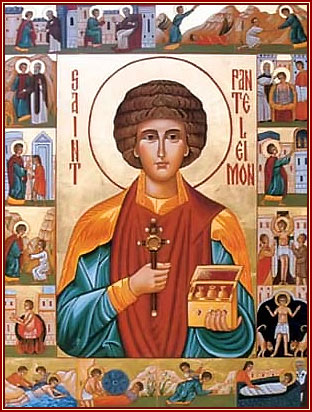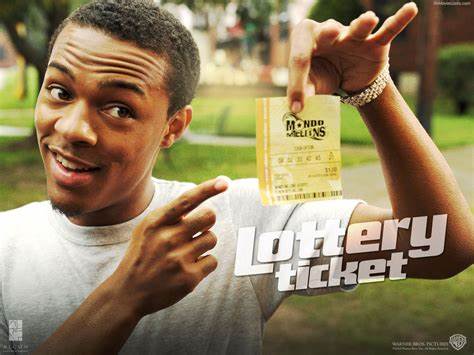The Irony of Desire: A Deep Dive into "The Lottery Ticket"
Ivan Dmitritch and the Irony of Desire in "The Lottery Ticket"
Anton Chekhov's short story "The Lottery Ticket" is a fascinating exploration of human psychology, materialism, and the transient nature of wealth. Through the character of Ivan Dmitritch, Chekhov addresses the way dreams of sudden fortune can impact people's lives in unexpected and often tragic ways.

Plot Overview
The story begins with Ivan Dmitritch, an ordinary man of modest means, who lives with his wife in a comfortable but unremarkable existence. One day, Ivan buys a lottery ticket on a whim. When they check the ticket together, they are shocked to discover that it seems to be a winner, potentially worth a huge sum of money. As they begin to imagine how their lives would change, they quickly start fantasizing about luxury, travel, and a life without the mundane struggles that have marked their existence.
The couple, particularly Ivan, becomes consumed with these dreams. They start to plan their future, each envisioning the joys that would come with wealth. However, as the story unfolds, the excitement quickly turns into something darker. The couple's relationship becomes strained as greed, envy, and disillusionment begin to overshadow their joy. When they finally discover that the ticket was not a winner after all, the impact on Ivan's psyche is profound.
The Psychological Impact of the Lottery
The story's power lies in its examination of human nature. Ivan Dmitritch's reaction to the lottery ticket is a clear reflection of how easily human desires can become fixated on material wealth. At first, Ivan is a rational, practical man, but when faced with the possibility of becoming rich, his thoughts become clouded by visions of grandeur. This sudden shift highlights the fragility of the human psyche when exposed to the allure of fortune.
Ivan's transformation throughout the story is significant. In the early stages, he and his wife are full of hope and excitement, their lives seemingly infused with purpose. However, as they begin to fantasize, their idealism is replaced by greed. The couple starts to bicker about how the money should be spent, illustrating the corrosive effect of materialism on relationships.
The turning point comes when Ivan realizes the money will never be theirs. The shock of this revelation is not just about losing the potential fortune—it is the loss of the vision he had created for himself. It is the crushing realization that his life, which had seemed so full of promise just moments ago, was still unchanged, and the longings he had nurtured were nothing but illusions.
The Ironic Ending
The irony in "The Lottery Ticket" lies in its ending. The couple's excitement about the lottery ticket, which was supposed to bring them happiness, is juxtaposed with the disillusionment that follows when they learn it was all for nothing. This dramatic shift from hope to despair is what makes the story so poignant and universal.
Through Ivan Dmitritch, Chekhov explores a timeless theme—the fleeting nature of wealth and the emptiness that often accompanies the pursuit of material gain. In the end, the loss of the lottery ticket is not just the loss of money but the loss of the hope and dream that had consumed Ivan and his wife. This ending serves as a cautionary tale, reminding us of the dangers of placing our happiness and identity in something as ephemeral as wealth.



